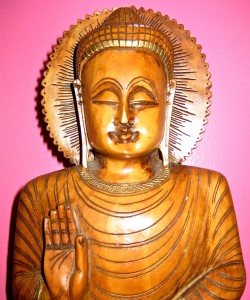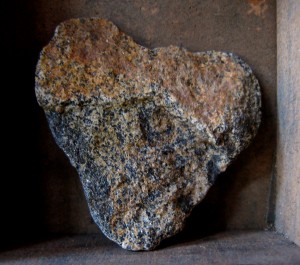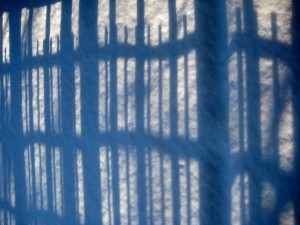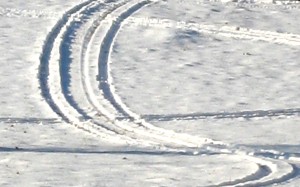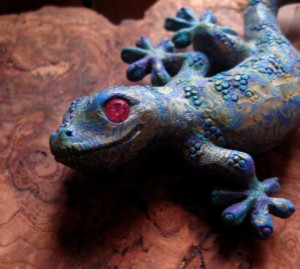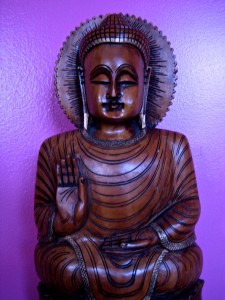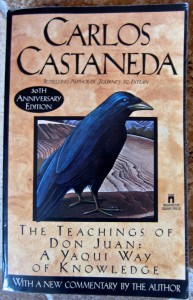
From the moment I opened Carlos Castaneda’s first book, The Teachings of Don Juan – A Yaqui Way of Knowledge, in the early 1970s, I was hooked by the energy of the intent of the Shamans of Ancient Mexico. Many people I have encountered over the past 40 years, who opened Castaneda’s books, were similarly affected. Others could barely get through a chapter.
There are many paths to knowledge. We are all challenged to find for ourselves the one—or the many— that resonate with our heart’s intent. The issue really is to discover our individual energetic configuration and what is needed to uniquely advance it forward. The challenge is to get beyond the self-importance of “my method” and wake up to the fact that we are all part of the same transformative dream. The secret is grasping the awe, the awesomeness of this all-inclusive dream.
Carlos Castaneda’s shamanic family, of this generation, was preceded by 27 generations of similarly configured small shamanic groups. Carlos’s generation was the end of that shamanic line as previously configured. This ending/transition coincided with the 1960s and the dawn of a new era in human consciousness. Castaneda has been considered the Godfather of the New Age. I think Carlos was an insinuation of a possibility. I think there were many Godfathers, and Spider Grandmothers too, ushering us into this evolving dream.
Castaneda and his shamanic partners merged with the intent of their sorcery line and launched a new shamanic configuration: No secrecy, no hierarchy, all knowledge, open to the masses. In this new and daring configuration, the Nagual—the traditional head of a shamanic party—resides in each one of us. This is similar to the Buddhist’s view that we are all the Buddha. Though we may participate in life as a mass, we are all charged with the individual responsibility of meeting the challenge to lead ourselves to freedom. Castaneda was uniquely suited to herald in this transition, as his mother had been a committed socialist.
In this new line of shamanism, the core culprit to be wrestled with is self-importance, which leads to greed. Freedom is to be found only through piercing through the veil of the greedy self that has led the world as we know it—our concensus reality—to the brink of destruction. How timely the unleashing of this shamanic guidance on the worldwide stage!
Carlos was fascinated by the energetic potential of the masses to effect great energetic change. He would sit on the stage and look out over us in the audience of his lectures and workshops and marvel at the energy circulating and building through the crowd. Everyone who has been drawn into the energetic dream that he and his cohorts unveiled is part of dreaming this dream forward, a new world built on the solid footing of the intent of affection—the Shaman’s version of the Buddhist’s intent of compassion—to lead us beyond the crumbling walls of self-importance and greed.
I was deeply immersed in Castaneda’s world throughout the 1990s and emerged to discover my small part in this vast dream of transformation. Unbeknownst to me at the time, I was to retrieve the tool of recapitulation from the shamanic world and apply it to the clinical condition of PTSD. I had realized, while in that shamanic world, that EMDR shared a bilateral similarity with the recapitulation breath, but I realized it fell short of accessing the magic and awe of the shamanic world—the gateway to evolutionary change. It took me a while to fully grasp the true potential of these two tools, when used in combination, to offer total healing from PTSD. The intent of this shamanic dream is not simply about healing, however, it’s also about freedom.
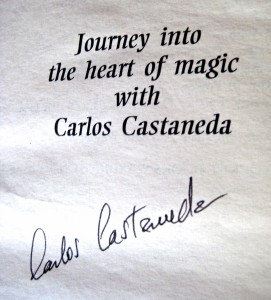
We all want to heal; we all need to heal. But let’s face it, we’re all going to die anyway. The real challenge is to maintain awareness and continuity at death—to continue the dream, to dream it forward, as it transforms into new arenas in infinity. From this perspective, PTSD is a portal—the initiation into a shamanic journey that opens the door to the magical tools to intend a new world. Trauma offers us a glimpse of the awe of that new world.
All shamanic journeys begin with some form of traumatic knock, as we take journeys beyond the body—beyond the confines of the reality we’ve been socialized to uphold. PTSD is the unsettled legacy of those journeys as we brace ourselves to straddle the different worlds we have experienced. In recapitulation, we reconcile those worlds and are offered the opportunity to launch ourselves into new worlds of possibility. In recapitulation we are offered the opportunity to experience the awe, unfettered by the crumbling constraints of a world previously upheld by fear, greed, and self-importance.
All who take up the challenge of facing and aligning with their inner truth are part of the mass energetic current of change that is now sweeping through our world, the same mass energy that Carlos would stand before us and speak of with awe. We are all dreaming it forward.
It’s not about believing, it’s not about allegiance, and it’s definitely not about self-importance. It’s actually the end of self-importance. Everyone, everything matters equally. That is the key to affection. It’s not about one practice or another being the one and only practice; it’s about doing whatever resonates. It’s about dreaming forward a new dream now, founded on truth and affection—a dream that soars on the wings of intent.
Dreaming it forward,
Chuck

